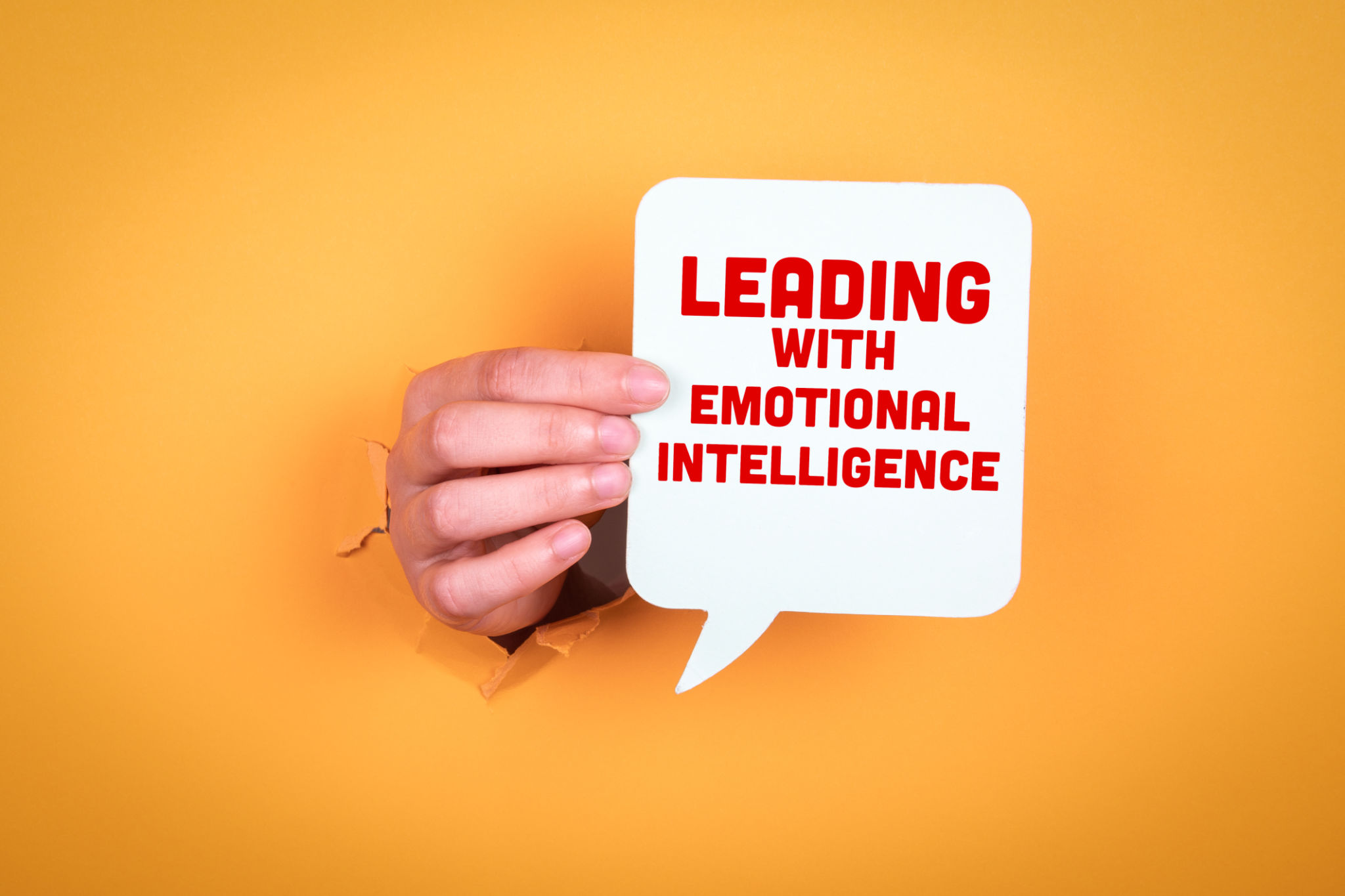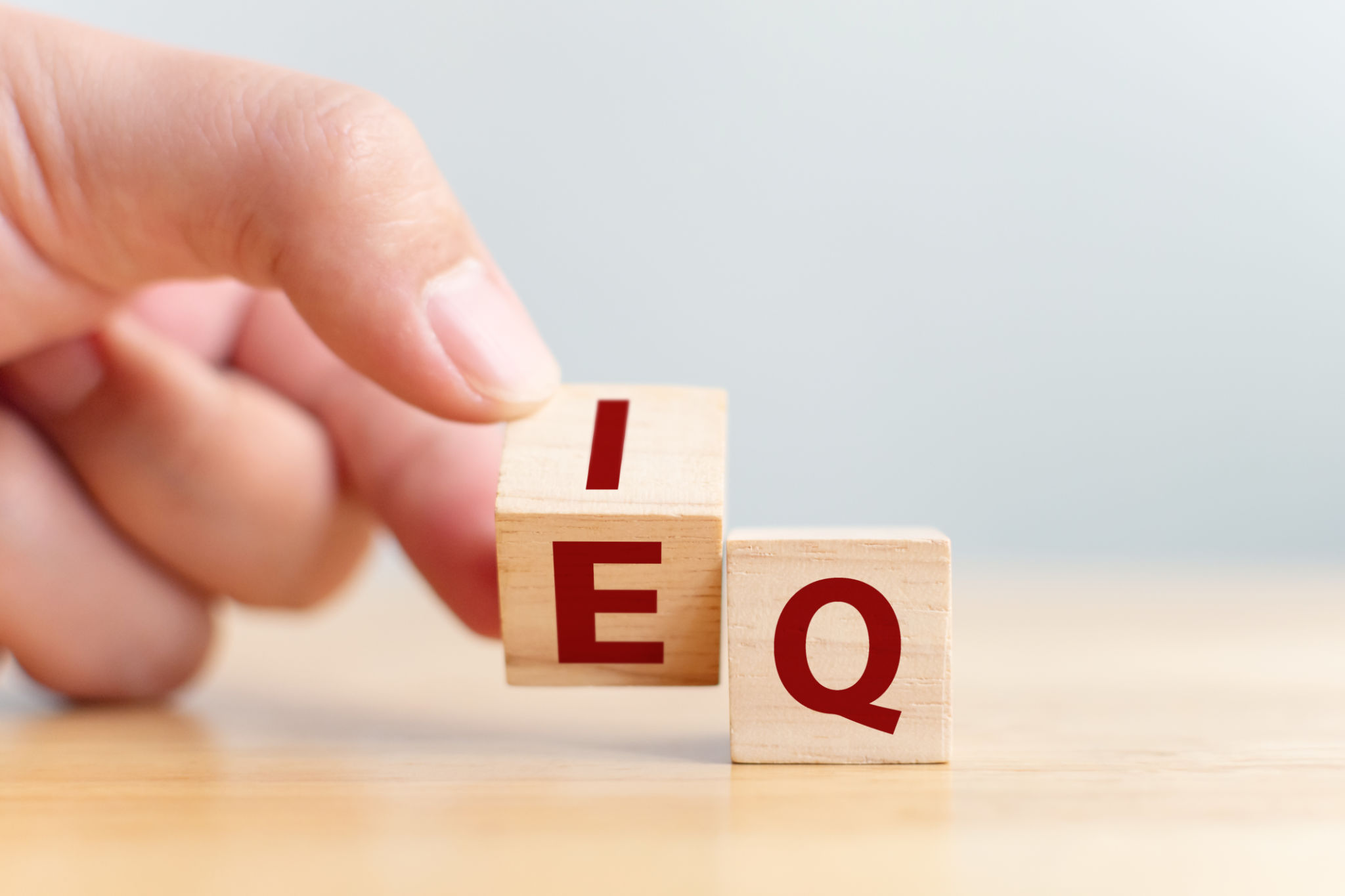Debunking Myths About Emotional Intelligence: What You Need to Know
CJ
Understanding Emotional Intelligence
Emotional Intelligence (EI) is a term that often pops up in discussions about personal and professional development. However, despite its growing popularity, there are still many misconceptions about what EI truly entails. Let's delve into some of these myths and uncover the reality behind emotional intelligence.

Myth 1: Emotional Intelligence Is the Opposite of Intelligence Quotient (IQ)
One common misconception is that emotional intelligence is the opposite of IQ. In reality, EI and IQ measure different aspects of human ability and are not mutually exclusive. While IQ focuses on cognitive abilities like logical reasoning, EI centers on understanding and managing emotions. Both can coexist and complement each other in a balanced individual.
Myth 2: Emotional Intelligence Is Only About Being Nice
Many people believe that having high emotional intelligence simply means being agreeable or kind to others. While being considerate is part of EI, it encompasses much more. It involves recognizing your own emotions, understanding the emotions of others, and using this awareness to manage relationships effectively. EI helps in making tough decisions and handling conflict constructively, not just being nice.

The Scope of Emotional Intelligence
Emotional intelligence is a broad field that includes a variety of skills and competencies. These can be categorized into five main areas:
- Self-awareness: Recognizing your own emotions and how they affect your thoughts and behavior.
- Self-regulation: Managing your emotions in healthy ways and adapting to changing circumstances.
- Motivation: Harnessing emotions to pursue goals with energy and persistence.
- Empathy: Understanding the emotions of others and responding appropriately.
- Social skills: Managing relationships to move people in desired directions.
Myth 3: Emotional Intelligence Is Innate and Cannot Be Learned
Another prevalent myth is that EI is a natural trait that cannot be developed. In truth, emotional intelligence can be nurtured and improved over time with practice and commitment. Like any other skill, it requires consistent effort to enhance one's ability to recognize and manage emotions effectively.

The Impact of Emotional Intelligence
The benefits of having a high level of emotional intelligence extend beyond personal development. In the workplace, individuals with strong EI are often better at communication, collaboration, and conflict resolution. This translates into improved team dynamics and overall productivity.
Myth 4: Emotional Intelligence Is Irrelevant in Leadership
Some people think that leadership is solely about strategic thinking and decision-making, with no room for emotions. However, effective leaders often have high emotional intelligence, enabling them to inspire and motivate their teams. Leaders who understand the emotional landscape of their organization can navigate challenges more successfully.
In conclusion, emotional intelligence is a multifaceted skill set that plays a crucial role in both personal growth and professional success. By debunking these myths, we can better appreciate the importance of developing our emotional intelligence and leveraging it to enhance our lives.

